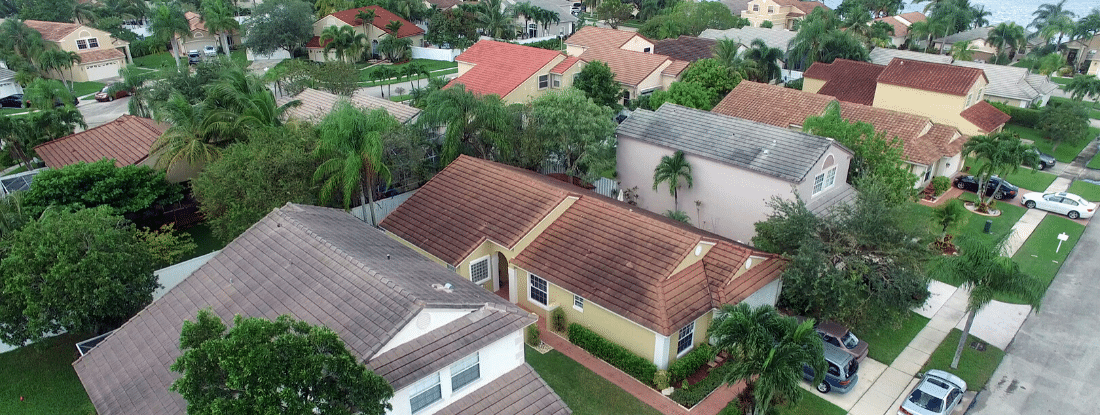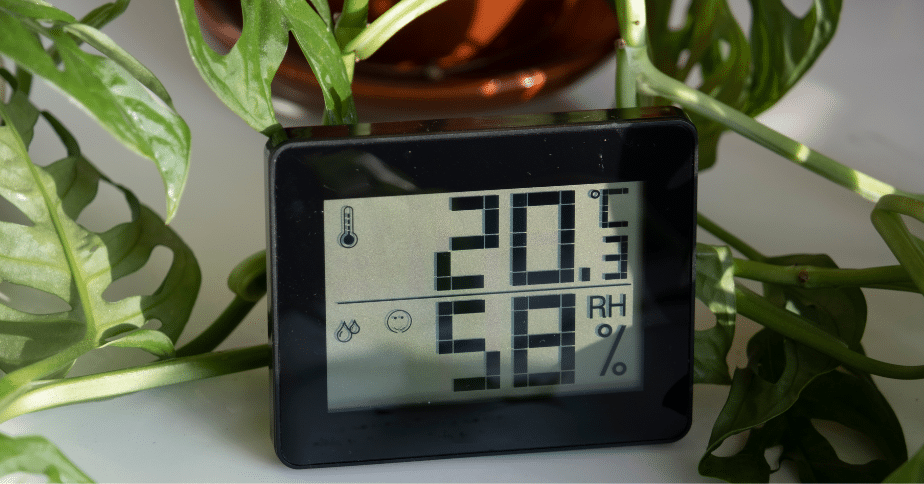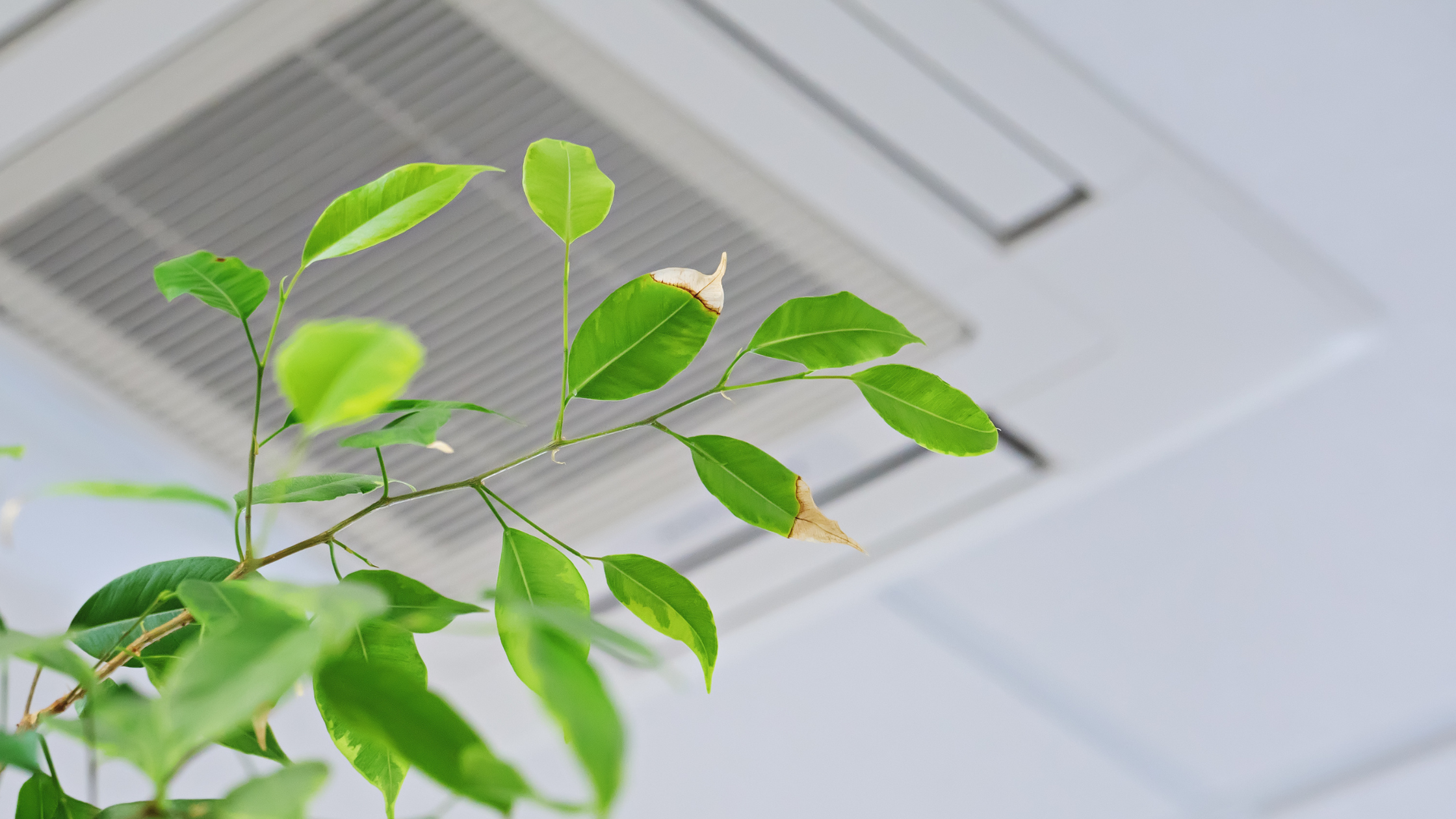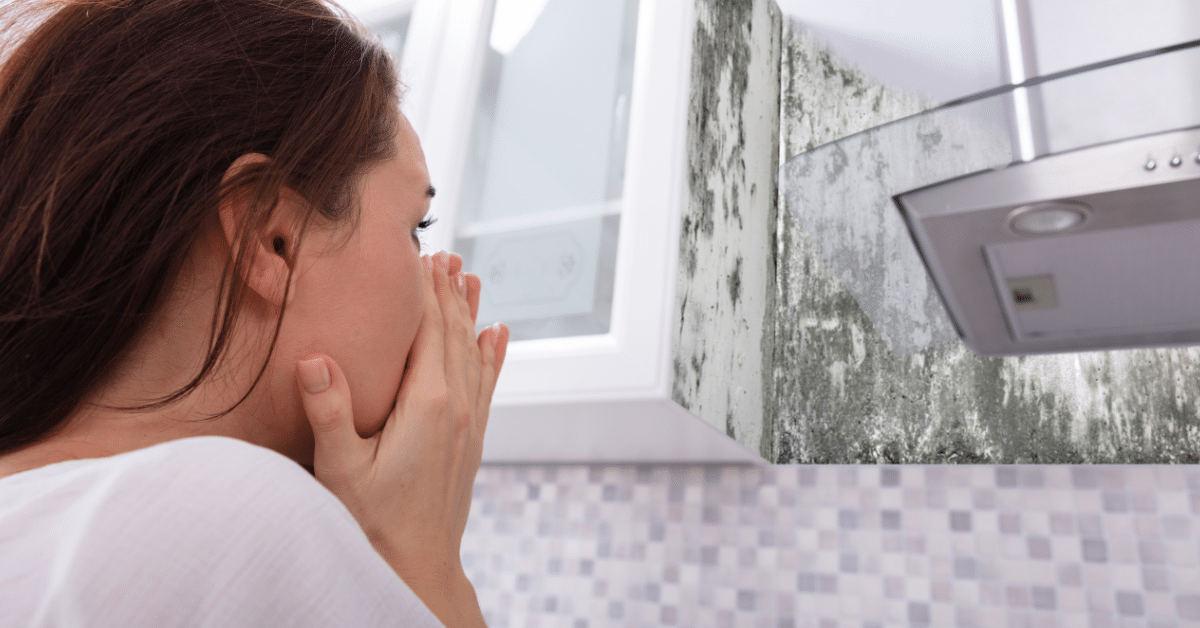Does Living in Florida Affect Your Air Quality?

You might already understand the importance of indoor air quality, but did you know that where you live can affect that air quality? Florida residents in particular battle more than a few airborne allergens and pollutants. Let’s take a closer look at how living in Florida might affect your air quality.
Ways that Living in Florida Affects Your Air Quality
Now, it is important to note that any of the following issues can occur in any state. However, they are particularly common in Florida, which is why it is important to be on guard against them.
● Humidity and Mold
If you have lived in Florida long, you are familiar with the constant humidity. If your doors and windows are not properly sealed, excess humidity may enter your home and create pockets of moisture. Moist corners make an excellent home for mold growth, which significantly lowers your indoor air quality. When you ingest mold spores, it places your lungs at risk and can create both short-term and long-term respiratory issues. This is particularly dangerous if you have a pre existing mold sensitivity. Additionally, excess moisture can cause water damage, resulting in the need for expensive repairs down the road.
● Ragweed
Ragweed is an often overlooked allergen, but it is quite common in the state of Florida. Strong winds coming from the coast blow ragweed hundreds of miles, particularly near the end of summer into fall. This allergen sticks to your shoes and clothes, getting into your home when you go inside and lodging itself in the carpet pile. Re-ingesting ragweed is bad for your lungs and may cause coughing, sneezing, and itchy or watery eyes.
● Smoke
If you live in a particularly touristy area, the air quality may be greatly reduced by the campfires lit by vacationers. Excessive smoke lowers outdoor air quality and can even make its way indoors through ventilation systems.
● Sand
Again, strong winds from the coast often blow sand all over the place. Like ragweed, you can get sand on your clothes and shoes and track it inside, where it loves to circulate via your HVAC system.
● Pests
Every state has its own pests, but residents of Florida might notice them more as the pests seek shelter from the heat and weather. While the pests themselves (bugs, lizards, mice, etc.) do not reduce indoor air quality, their droppings do. Often, bugs leave their droppings in air vents, where their pollutants then cycle through your home’s air conditioning.
Ways to Combat Allergens and Pollutants
Fortunately, you do not have to be a silent victim of Florida’s allergens. You can take precautions against poor indoor air quality by taking the following steps.
- Change your air filter.
- Use a dehumidifier.
- Invest in an air purifier.
- Schedule professional air quality inspections.
Remember to Keep Track of Outdoor Air Quality As Well!
To check the air quality rating outside, simply pull up the information online. Remember, long-term exposure to poor air quality can negatively affect your health, so it is important to ingest clean air only. Your health should be a priority!
How Can Air Quality Assessors Help?
Mold, dust, and other pollutants lower your indoor air quality and weaken your immune system. If you notice that you have a problem with mold or mildew in your home, it is best to enlist the help of a professional. Contact AQA if you have any questions or concerns about mold in your home or business. With their combination of experience and knowledge, you can be assured that everything will be handled properly.



